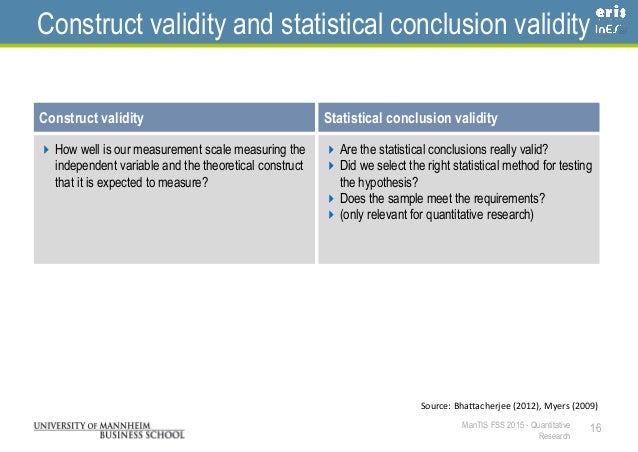

In employment law, mediation is an important step in resolving disputes. However, it is more expensive and time-consuming than mediation – cases generally take 4-9 months to get to an authority and could take years to come to court. It is an option that will always be there. Litigation is necessary when negotiations reach a stalemate. What about Litigation?Ī record of settlement has the same level of enforceability as a court order. Parties have until a set date to accept or reject the recommendation. Parties can also agree to a binding decision from the mediator called a recommendation. A mediation date will often be set 6 weeks from when requested, whereas litigation can stretch into months and even years. Mediation is cheaper and less time-intensive than litigation. This allows the parties to the dispute to control the process and the outcome. Mediation is also driven by the parties and not reliant on a third party’s interpretation. Key benefits of mediation include closure received by the certainty of outcome achieved at a timely point. Once this is signed, it is legally binding on both parties. If an agreement is reached at mediation, a record of settlement will be drawn up to record the resolution. Ultimately, authority is with the parties involved – the mediator is merely the facilitator of discussion. The mediator may also aid in extracting information relevant to the issues and canvas options of resolution between parties. The mediator’s aim is to clarify issues raised and to act as a guide keeping the conversation focused and productive. Their role is to guide and monitor the conversation. The mediator is an independent and impartial party.
#WHY IS SMARTPLS BETTER THAN LISREL HOW TO#
For more information on preparation, see our blog How to prepare for a mediation meeting. It is often helpful to attend mediation with your desired outcome in mind but also with enough flexibility to work with the other party to reach a conclusion. After discussion of the issues, the parties will often retire to separate rooms and offers will be exchanged through the mediator. Parties are brought together to exchange positions concerning the issues with the aim to come to an agreement. Mediation is a voluntary meeting between parties to a dispute. For employment lawyers, mediation is often considered a better option than litigation, allowing them to reach conclusions driven by the parties involved in a timely and cost-effective manner. It is used several different areas of law, notably employment law. Mediation is a useful tool to resolve disputes between parties without having to go to court. Together, their employment lawyers met to negotiate their pay and conditions. Just recently, unions representing Air New Zealand logistics and engineering employees went into mediation with Air New Zealand.

Lawyers for employees have more than one way to resolve a dispute and for Wellington lawyers, the word “ mediation” is heard frequently.


 0 kommentar(er)
0 kommentar(er)
